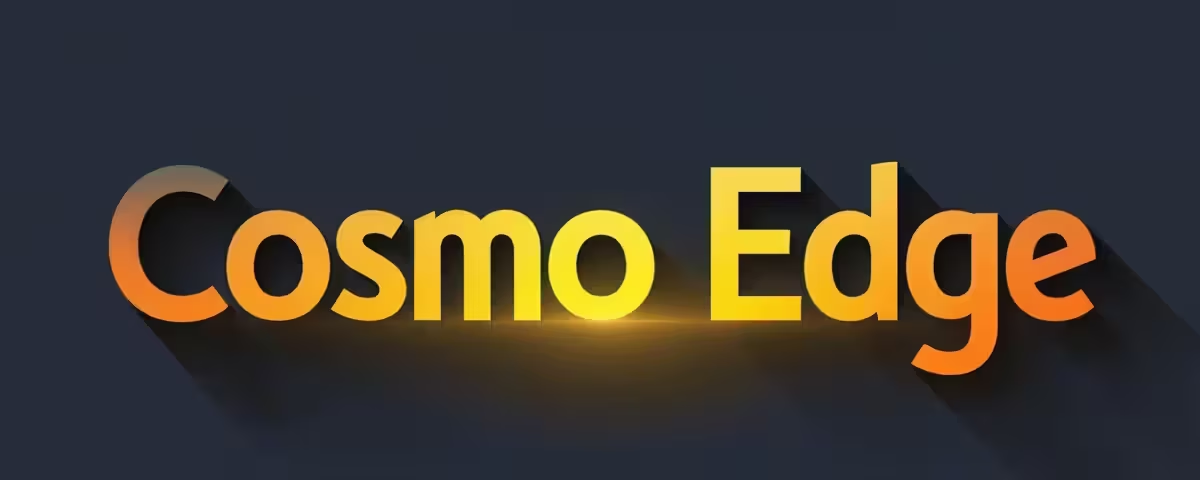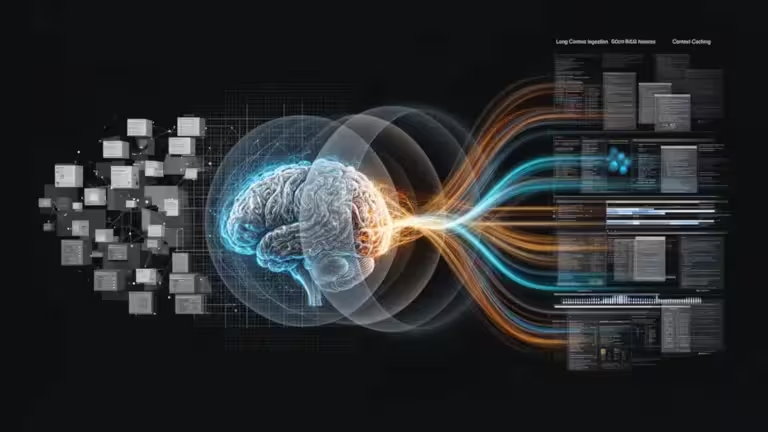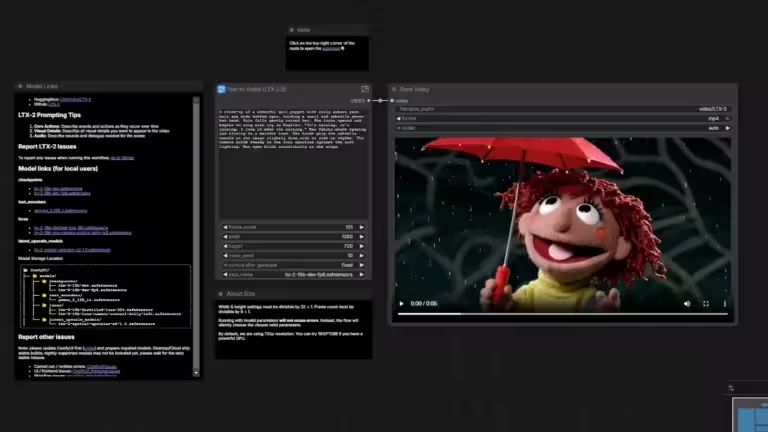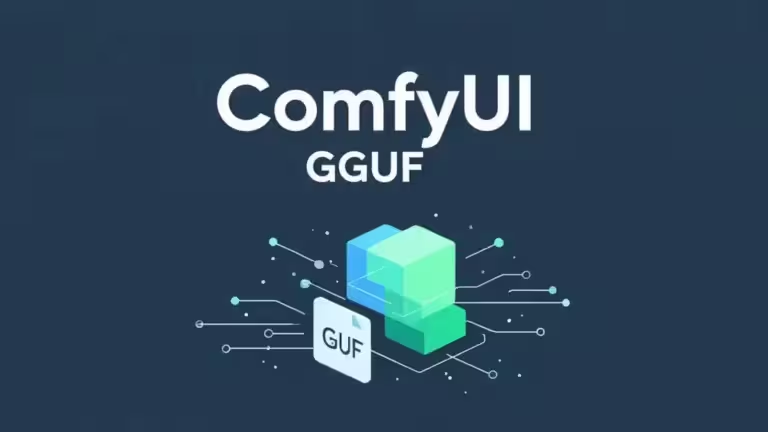OpenAI DevDay 2025: Codex (GPT-5) goes into production and reshapes software development
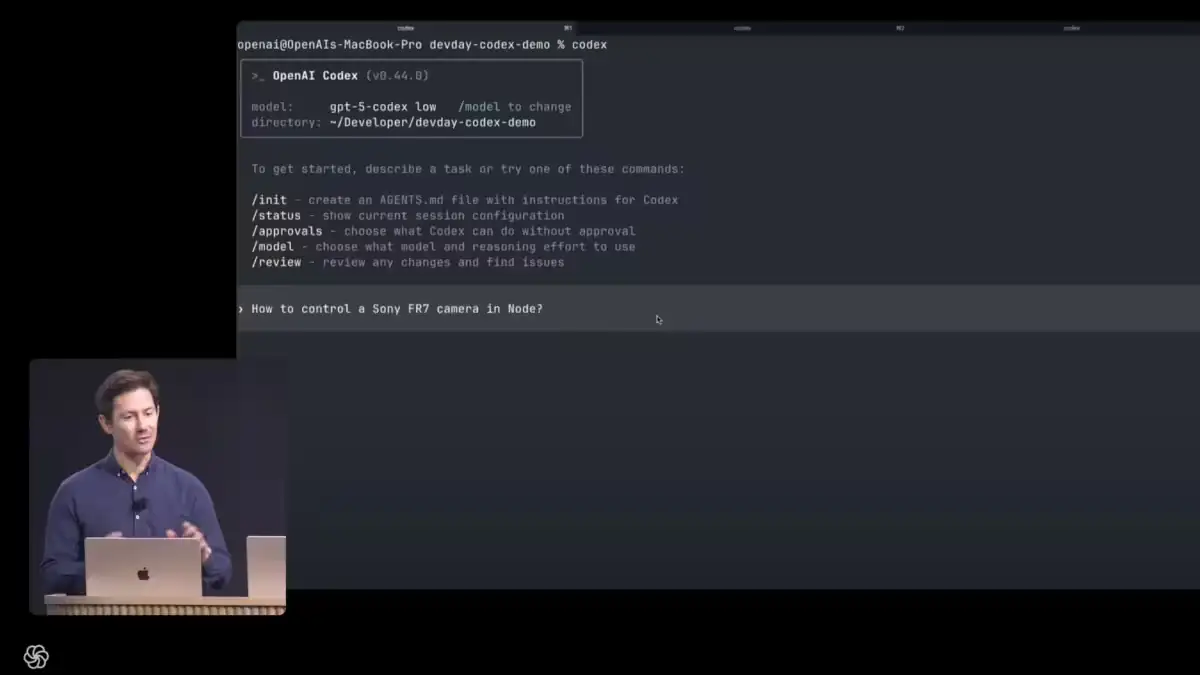
The OpenAI DevDay 2025 event in San Francisco delivered plenty of major announcements. But beyond the spotlight on Sora 2 and the new Apps SDK, one quieter reveal might have a far greater impact on the tech industry: the general production release of Codex, now powered by GPT-5 Codex.
Codex GPT-5: the AI co-developer reaches the next level
Until now, Codex was in research preview. Today, it becomes a fully supported product with its own dedicated SDK, Slack integration, and enterprise governance tools. In short, OpenAI wants Codex to become a mission-critical development platform for large organizations (VentureBeat).
This shift is more than a repackaging exercise. The core lies in GPT-5 Codex, a model specifically trained for software engineering and agentic tasks. While traditional AI coding assistants focus on autocompletion, Codex GPT-5 can handle complex software projects for hours, dynamically adjusting its effort to match task difficulty and executing end-to-end refactoring autonomously.
An OpenAI engineer even reported seeing Codex working productively for more than seven consecutive hours on a complex project, a level of endurance unseen in current AI coding tools.
Dramatic productivity gains for developer teams
OpenAI is not just promoting Codex with marketing claims. The company now uses it as its internal development assistant of record. According to internal data, 92% of OpenAI engineers use Codex daily, and its adoption rate has increased tenfold since August 2025. The result: a 70% rise in weekly pull requests across OpenAI’s developer teams (VentureBeat).
Codex is far more than a code generator, it also acts as an intelligent reviewer. Trained for deep code review automation, GPT-5 Codex can analyze dependencies, verify that the programmer’s intent matches the implementation, and detect hundreds of potential bugs per day before a human review even begins.
For businesses, that translates into shorter development cycles, higher software quality, and greater deployment reliability. Major players like Cisco have already adopted it, cutting code review time in half and accelerating projects that previously took weeks (VentureBeat).
Codex vs GitHub Copilot and other AI coding competitors
The production launch of Codex GPT-5 is not just a technical milestone, it is a strategic move. OpenAI clearly aims to differentiate itself from popular tools like GitHub Copilot or Amazon CodeWhisperer. While Copilot is seen as an individual AI coding assistant, Codex targets the next tier: becoming an autonomous AI agent for entire teams, designed for mission-critical environments and seamless CI/CD pipeline integration.
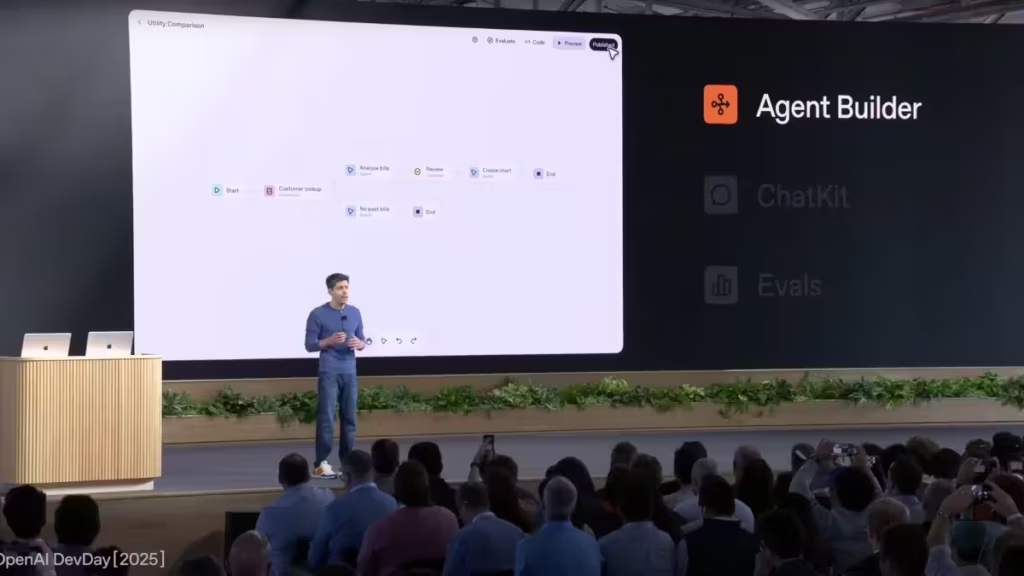
With the Codex SDK, enterprises can build custom AI workflows to automate bug fixing, enable self-evolving applications, or directly connect Codex to their internal software infrastructure.
As Greg Brockman, OpenAI cofounder, put it: “Codex is already an incredible success story, it scaled faster than we expected.” For IT leaders, the message is clear: while consumer-facing AI agents are still in their infancy, Codex already delivers measurable ROI today.
Risks and limitations of Codex GPT-5
Despite its impressive capabilities, Codex GPT-5 raises several concerns. The first is technological dependency. Once Codex is embedded into corporate development pipelines, companies become tightly coupled to OpenAI’s platform. Any pricing or policy shift could disrupt workflows. This risk is familiar in SaaS, but it becomes critical when the AI co-developer is at the heart of software production.
Then comes the issue of infrastructure costs. GPT-5 Codex relies on large, compute-intensive models. Even though OpenAI offers optimized variants, enterprises must carefully evaluate large-scale usage costs. Continuous deployments using AI code review or automated CI/CD pipelines can quickly generate high expenses, similar to those seen with other generative AI APIs in production.
Finally, there are regulatory and ethical concerns. In Europe, the Digital Markets Act (DMA) closely monitors platforms considered “gatekeepers.” If Codex becomes a central pillar of software development, OpenAI may face obligations around transparency, interoperability, and data protection. Furthermore, using Codex to automate critical engineering tasks raises accountability questions: who is responsible if AI-generated code introduces a vulnerability later exploited in production?
Strategic implications for the AI development ecosystem
The move to production is more than a technical update, it’s a strategic repositioning. OpenAI wants Codex to serve as the foundational layer of modern software development. By combining SDKs, enterprise integrations (Slack, CI/CD), and automated code review, Codex aims to become not just an assistant but a potential industry standard for organizations seeking faster delivery and stronger code reliability.
This also reshapes the competitive landscape. Against GitHub Copilot (backed by Microsoft) and Amazon CodeWhisperer, OpenAI reinforces its independence. But the competition extends beyond the tech giants: open-source AI models like DeepSeek or Mistral already allow enterprises to run internal AI coding agents, offering more control and sometimes lower costs.
The adoption of Codex by companies like Cisco, as cited by VentureBeat, shows that major enterprises are willing to test such solutions if the ROI is immediate. The challenge for OpenAI is convincing CIOs that the benefits outweigh both the risks of dependency and the upfront investment.
Codex, catalyst for the future of software development
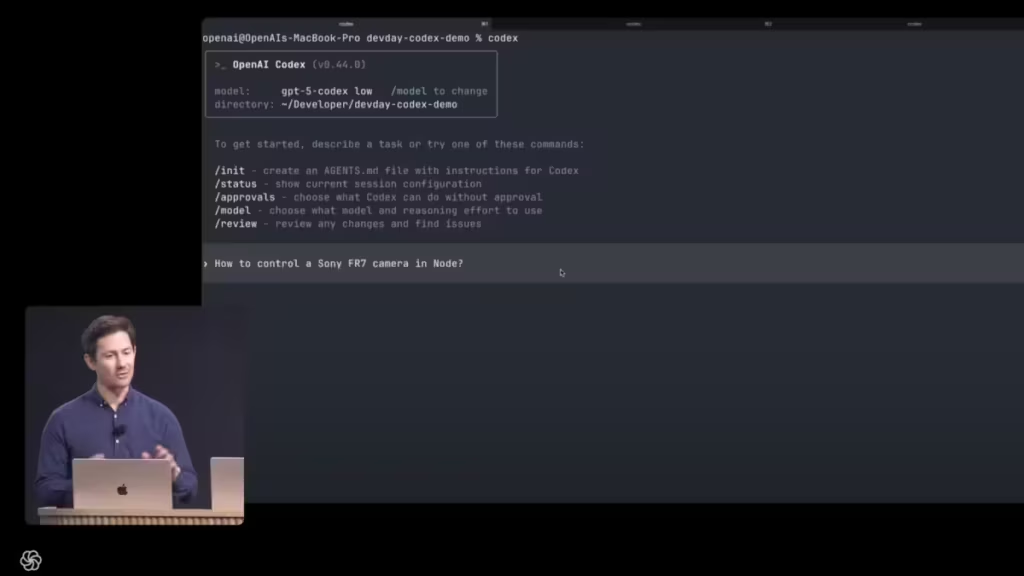
The production release of Codex GPT-5 at OpenAI DevDay 2025 is not just another product upgrade. It marks the beginning of a new era where AI no longer plays a supporting role in coding but becomes an active participant in the software lifecycle.
In the coming months, Codex is expected to:
- automate a growing share of code reviews and debugging tasks
- integrate into CI/CD pipelines to provide real-time code suggestions and fixes
- even enable self-evolving applications that update themselves based on business prompts
If OpenAI manages to maintain enterprise trust, clarify its pricing model, and strengthen data governance, Codex could become the definitive AI co-developer standard for enterprise software engineering. But if open-source competition accelerates or new regulatory frameworks tighten constraints, OpenAI will need to evolve Codex to retain its leadership.
In short, the future of software might no longer be written solely by humans. It will be co-created by AI systems like Codex, already transforming how we imagine, design, and deploy modern applications.
Your comments enrich our articles, so don’t hesitate to share your thoughts! Sharing on social media helps us a lot. Thank you for your support!
